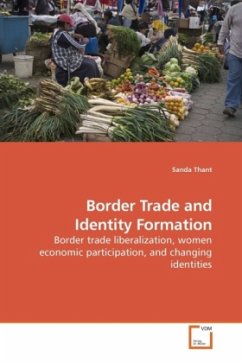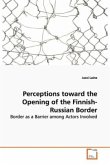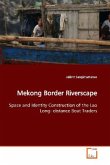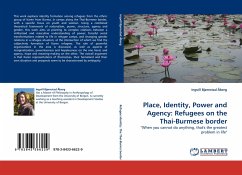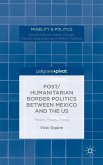With different ethnicity and cultural identity from those of the central , social stratifications induced by State policies at borderlands are phenomenal. Border trade liberalization produced new identity of women, from family unpaid labour to entrepreneurs characterized by economic independence and enhanced social status. Coping mechanism became necessary in response to the State s frequent policy changes. This study, therefore, looked into how women engage in border trade activities, their business coping strategies under the State s changeable regulations, and how women changed their borders by participating at borders . Results showed that border trade liberalization has strengthened national and ethnic identities, creating disparities among women of different ethnic groups who used their identities to pursue their own interests. The study is intended for policy makers to revisit gendered policy implications, civil society personnel to initiate collective actions, and academicians to further research on the State s border trade policies and changing gender identities at border towns in Myanmar (Burma).
Bitte wählen Sie Ihr Anliegen aus.
Rechnungen
Retourenschein anfordern
Bestellstatus
Storno

